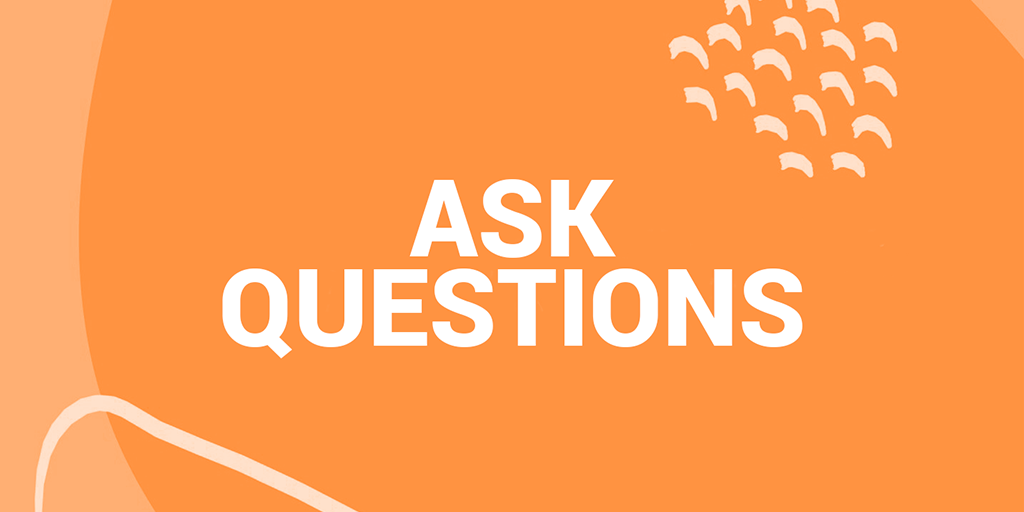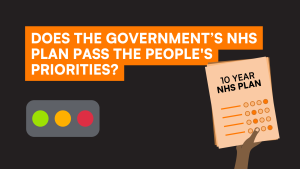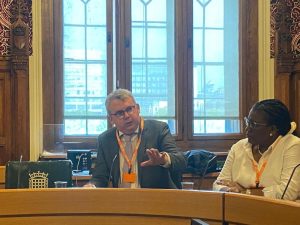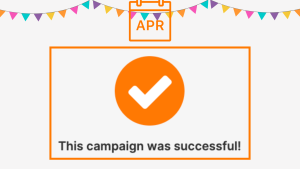

Dec 15th, 2020
Tips for talking to your family and friends about politics
By [email protected]
Many of us find it difficult to discuss politics with people who have different opinions. But at 38 Degrees we believe that making the effort to bridge divides within your own community can go a long way, even if it’s just seeking out a thoughtful conversation with someone who might disagree with you.
That’s why we’ve collected some top tips for navigating difficult political conversations and engaging with people on the “other side”:

It is very unusual for someone to completely change their viewpoint overnight – and if that is the outcome you’re expecting, it is going to put a lot of pressure on the interaction. So be realistic, and don’t aim to change the other person’s viewpoint in just one conversation. Be patient and remember that changing someone’s mind can be a long journey – and that the person you’re talking to might never change their mind. There is still strength in understanding the other person’s viewpoint and learning to accept that you can’t change it.

Do you think that what the person is telling you is wrong, or is rooted in ignorance? Before you jump to conclusions – calmly ask them to clarify exactly what they mean to make sure that you are understanding the point that they are making. If you still disagree, ask them where they got their information from, and why they believe it. This information will help you to better understand their viewpoint and to empathise with them – even if you think that they are wrong.

If the person you are in a discussion with is dismissive of your lived experience, or if they actively cause harm to others, you should make it clear that you will never condone their behaviour. Be prepared to set clear boundaries and communicate what is not acceptable to you. If they continue, don’t be afraid to end the conversation if necessary.

Many of us rely on a limited number of news sources, or get our information from unreliable sources like social media. This means we can become “stuck in our ways” – and only interact with people who share the same views. Before you engage in conversations make sure you have got information on the topic from a range of reliable sources. Then, encourage the person you’re talking to to widen their viewpoint by recommending an interesting documentary or a great article from a source that they wouldn’t normally go to.

Don’t be afraid to limit the time that you will allow a political conversation to last for. Political discussion may be enjoyable and productive for some, but they can also be tiring and difficult to engage with – especially for people with lived experiences of oppression. Know when to stop and take time out if you need it.


















